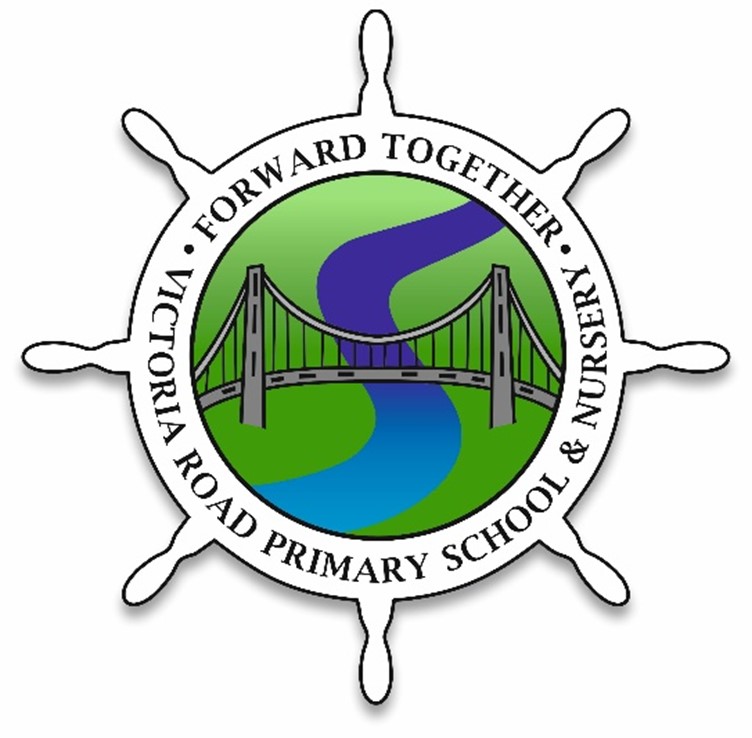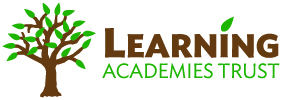Year 1
Hello and Welcome to Year One!
Year 1 Teacher: Mrs Bechley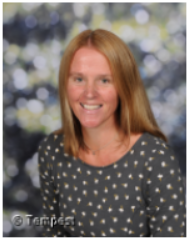
Year 1 Teaching Assistant: Mrs Crisp 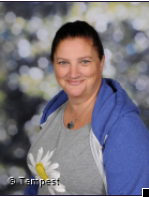
Term 3
Topic Web Term 3 Topic Web Term 4
This term our PE days will be on Wednesday and Friday. Please ensure that your child wears the appropriate school PE kit for these sessions and that they bring to school a water bottle filled with water every day.

English
We will be focusing on Spelling, Punctuation and Grammar for the first week of Term 3. We will be moving on to our poetry unit. We will be using everyday toolkits and toolkits for effect to help us to write an alphabet list poem. We will be using our sentence superheroes to help us to write accurate sentences using capital letters, full stops, finger spaces and accurate use of phonics to write new words. In addition, we will be developing our oracy skills by sharing a range of high-quality, diverse texts which will develop our storytelling skills and use of vocabulary.
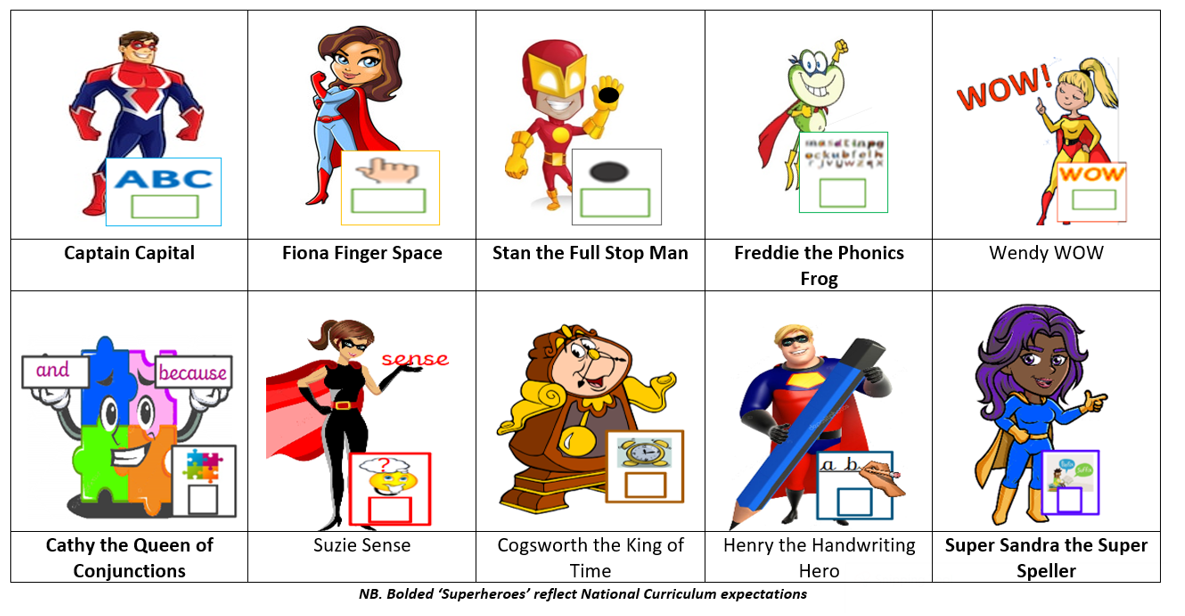
In addition, we will be having handwriting and spelling sessions throughout the week to develop consistent letter formation and accurate spelling across all curriculum areas.
We will be using the RWI handwriting phrases to support correct letter formation. We will use Letterjoin to provide opportunities for us to practice correct letter formation.
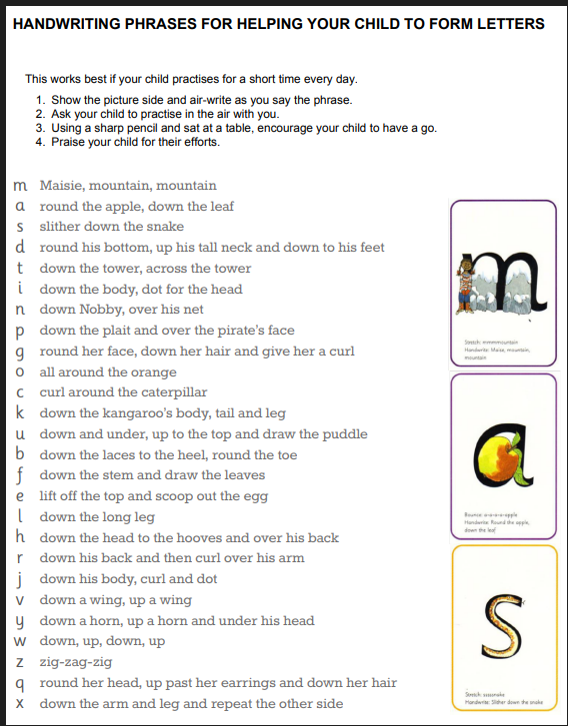
We will be using our sound knowledge to attempt to write the different sounds to write words. We will learn to use these words to help us to write simple sentences using finger spaces, correctly orientated letters and accurate use of punctuation including question marks and exclamation marks.
We will use our spelling scheme called Spelling Shed, which will continue to encourage children to learn spellings, by identifying and using spelling patterns. You can follow the QR codes to practice the spellings at home.
We will be having Talk through Stories sessions throughout the week, including vocabulary time, as well as daily story sessions using texts from our Reading for Pleasure Book spine.
We will be visiting the library during the term to share stories with the library staff and to choose some new books for our classroom.

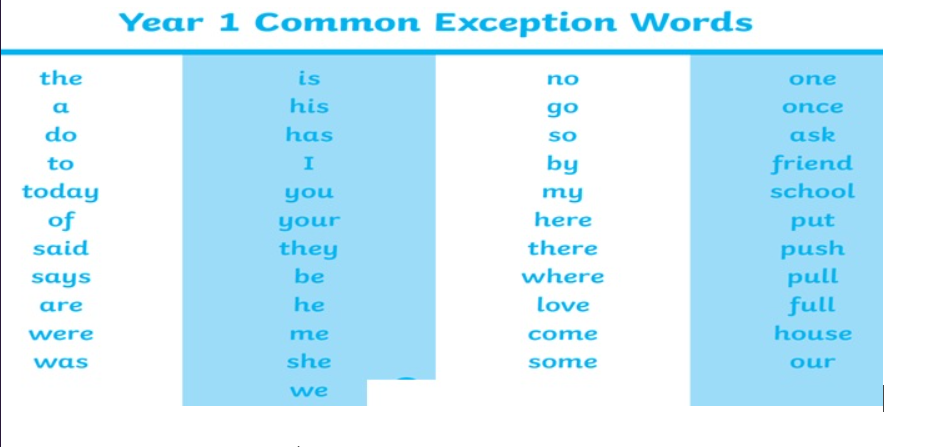
We will be learning how to spell the Year 1 common exception words throughout Year 1. We used 'red' words during our Read Write Inc sessions to spot the 'tricky' letters. For example 'said', sounds like 'sed', 'ai' are the tricky letters.
Phonics
Year 1 is a really important year as we continue to build on the phonics knowledge which was secured in Reception. We will continue to teach the children Set 1, 2 and 3 sounds following our Read Write Inc Phonics scheme. The children are assessed every half-term to progress through the Read Write Inc Phonics programme with accuracy and fluency. All Year 1 children will take the National phonics screening check in June. Come along to our Phonics and Early Reading talk on October 2nd at 9am to find out more about how we teach reading and how you can support at home.
A guide to Read Write Inc for Parents
Maths
Developing and building our knowledge of place value by counting forwards and backwards from different numbers. We will be comparing numbers and using a number line to support us. We will be learning place value within 20 and using this knowledge when solving addition and subtraction calculations. We will be comparing addition and subtraction statements using the vocabulary of greater than, less than, equal to.
Topic
We will be learning about where we live in the United Kingdom. We will learn the names of the four countries in the United Kingdom and the names of the capital cities in the United Kingdom. We will learn to describe the differences between rural, urban and coastal areas.
Science
We will be using the United Learning curriculum to develop our knowledge and understanding about Everyday Materials. We will learn to identify different materials, describe different objects and their purposes. We will learn to describe the physical properties of different materials.
Please see the topic map below for further details of all subjects covered this term.
Home learning
It is really important that the children read as often as possible. Please try to read with your child at least three times a week. They will be rewarded with this by helping them to make progress with their reading and developing a love of reading, but also with a reading raffle ticket, which could mean they win a small prize!
In addition, children have Numbots logins which allow them to work through different levels on the TT Rockstars site to practice their mental maths skills.
Curriculum Map
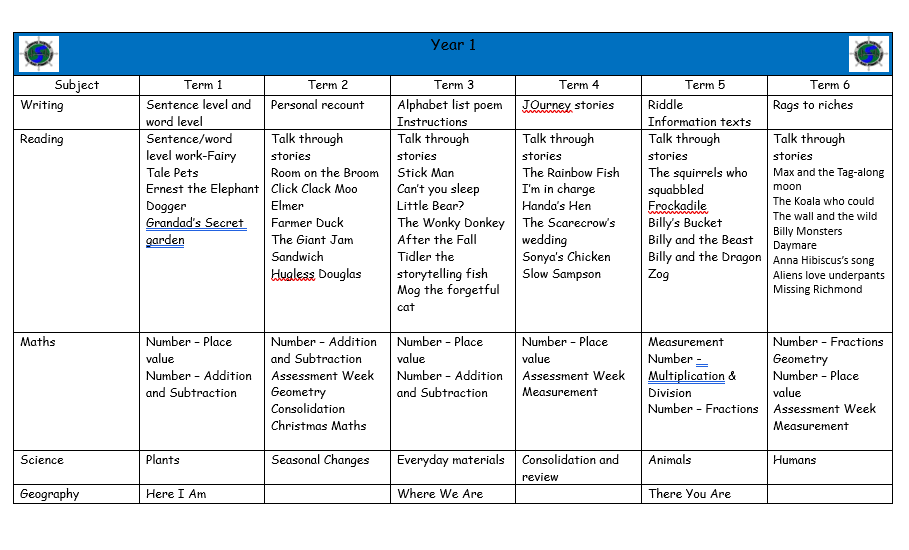
Information for Parents
What is the Phonics Screening Check?
Children usually complete a word-reading check at the end of Year 1 so that parents can be confident their children are being taught to read successfully. This check will take place in June 2024.
Children read 40 words. It takes between two and five minutes. If they do not manage to read 32 of the words, they are given extra support, and repeat the check in Year 2. The 'pass' mark of 32 is subject to change by the government and schools will be notified some time in June of this figure.
All children at Victoria Road Primary School will be supported to learn phonics using the RWInc phonics programme.
Year 1 will take the Phonics Screening check during the summer term. We politely request that parents ensure children in Year 1 are in school during the administration of the Phonics Screening Checks. A phonics support pack will be sent home in February half-term to help to support the children with their phonics learning.
Ten top tips from Read Write Inc
1. Saying sounds correctly This is really important when you are helping your child to learn the sounds. Just remember not to add an uh to the end of the consonant sounds – so say mmm not muh, lll not luh, etc. because then later it’s easier to blend the sounds together to make words.
2. Linking sounds to letters Encourage your child to make a link between the sound and the written letter shape. Start with the sounds in your child’s name and then look out for them in signs. The sound m in McDonalds is always a good starting point too!
3. Sounds represented by more than one letter Some sounds are represented by more than one letter such as sh inship, ch in chat, th in thin, qu in quick and ng in sing. When you’re out and about, point out examples of these to your child too. You might see them in posters, signs, or leaflets.
4. Practise, practise, practise Build up a knowledge of the letters and sounds quite quickly with your child and keep practising so that it becomes automatic. Keep reminding ‘Do you remember when we were talking about the sound ch...?’, or ‘Oh look! There’s a big t (sound) on that poster!’.
5. Putting sounds together to read simple words Say the sounds c-a-t to read cat, sh-o-p to read shop and s-t-r-ee-t to read street. If your child gets stuck and is struggling to blend the sounds, say the sounds yourself, quickly, until your child can hear the word! Only beginner readers need to sound out every word as they read all the time. But, they will still need to work out new and long words.
6. Tricky words Some everyday words in English have tricky spellings and can’t be read by blending. Imagine trying to read the word said or does by blending each letter! These are sometimes called high frequency tricky words, or Red words. These words just have to be learnt by sight and flashcard-type games are a good way to practise these.
7. Reading books Schools using a synthetic phonics scheme are likely to be sending home decodable books. This means the books contain mostly words that children can read by sounding out to get them off to a good start with independent reading. After your child has read a page, you can read it aloud again, to make sure that the story is enjoyed and understood.
8. Using pictures Pictures are great for sharing and talking about a story (which is really important too!) but don’t encourage your child to use pictures to guess the words that they don’t already know.
9. Writing letters- teach your child how to write letters, as the letter sounds are learnt. And don’t forget to show your child how to hold the pencil correctly too!
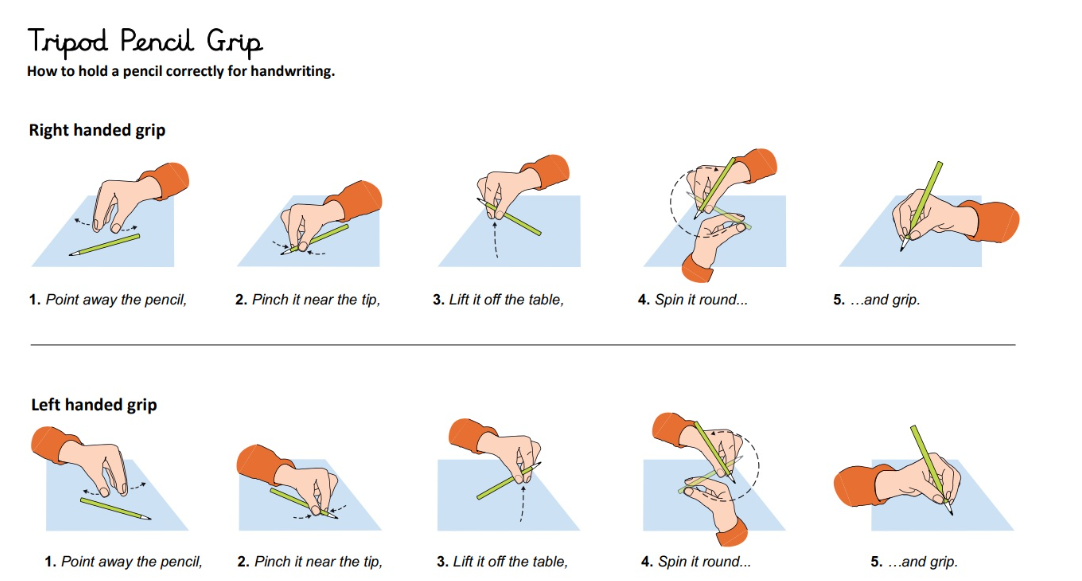
10. Lots and lots of books! Carry on sharing and reading lots and lots of stories and information books to and with your child. Praise and hugs! Most importantly, remember that your child will learn much faster with encouragement, praise and hugs.
Year 1 Recommended Reads
https://www.booksfortopics.com/booklists/recommended-reads/year-1/
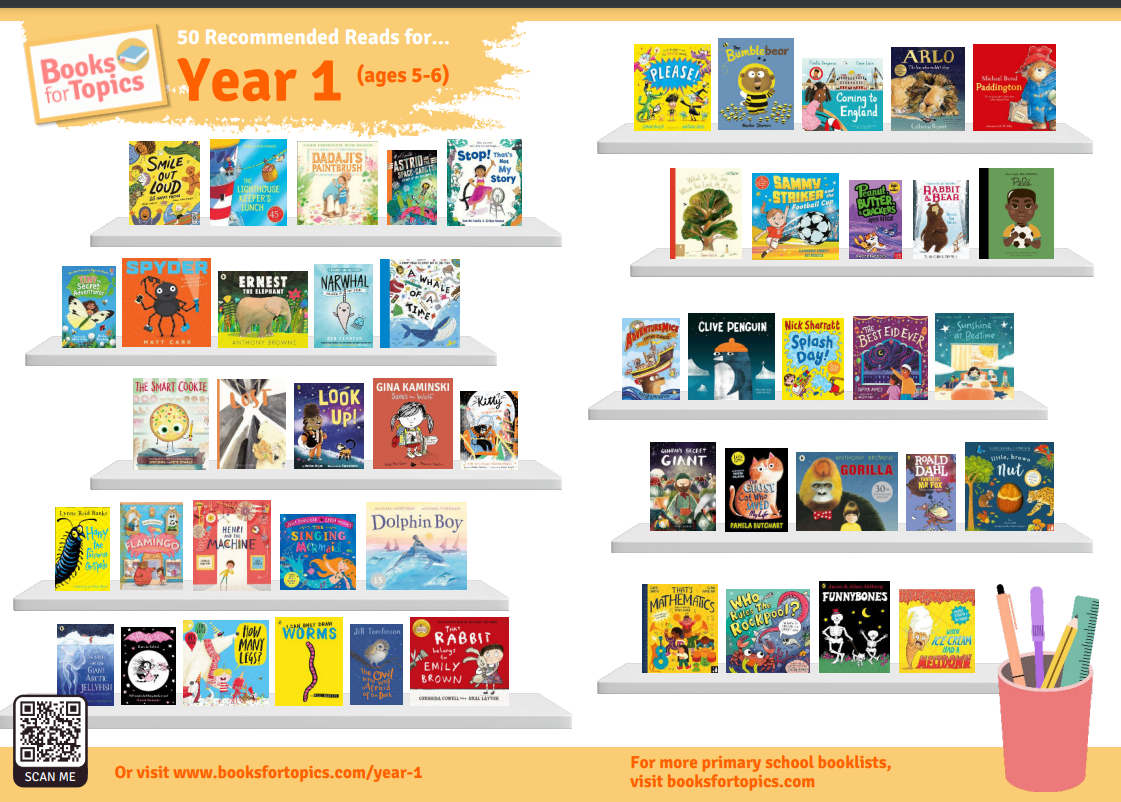
Phonics support for parents
